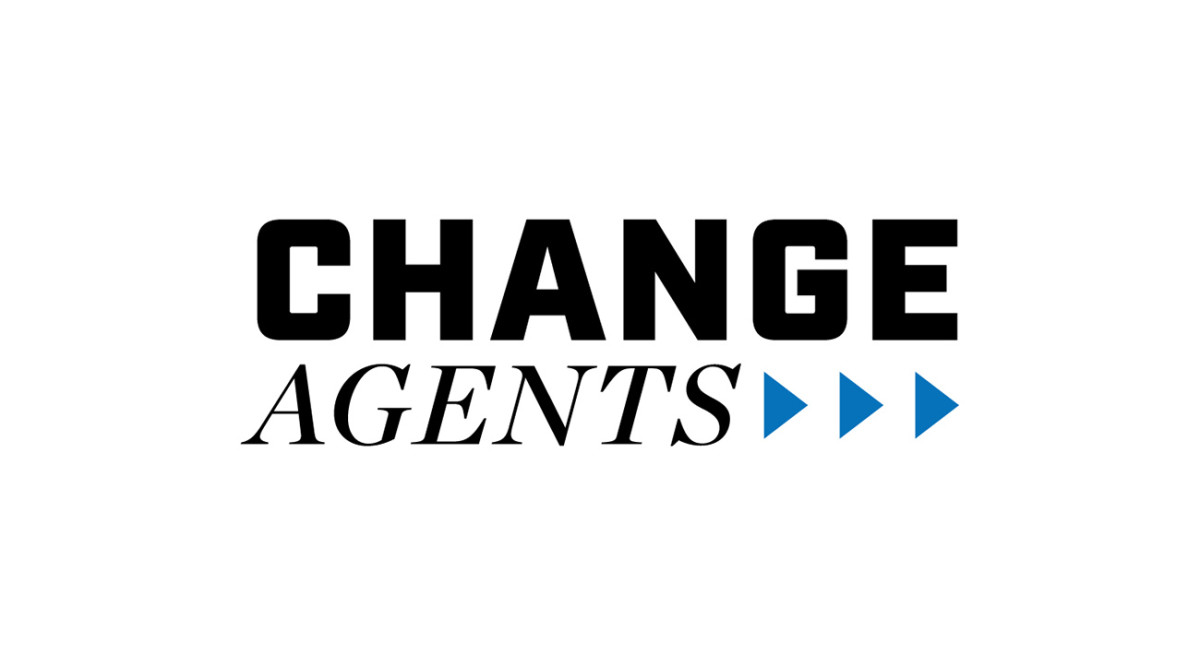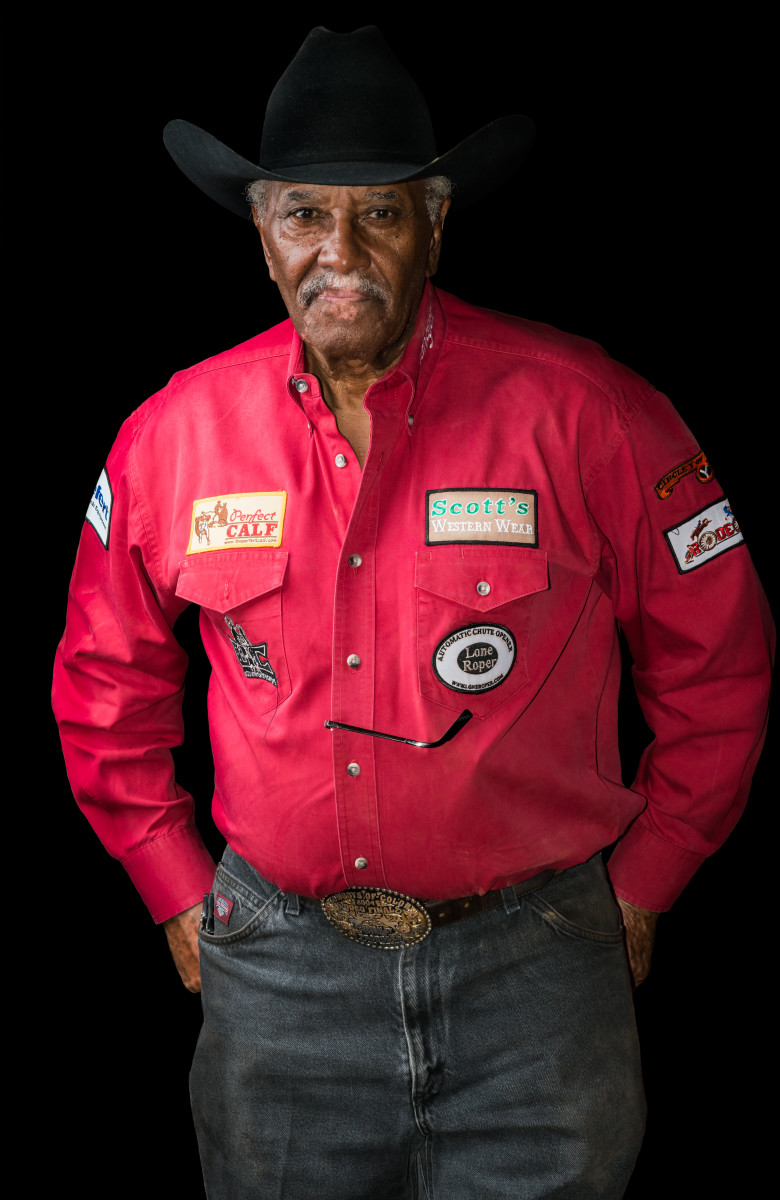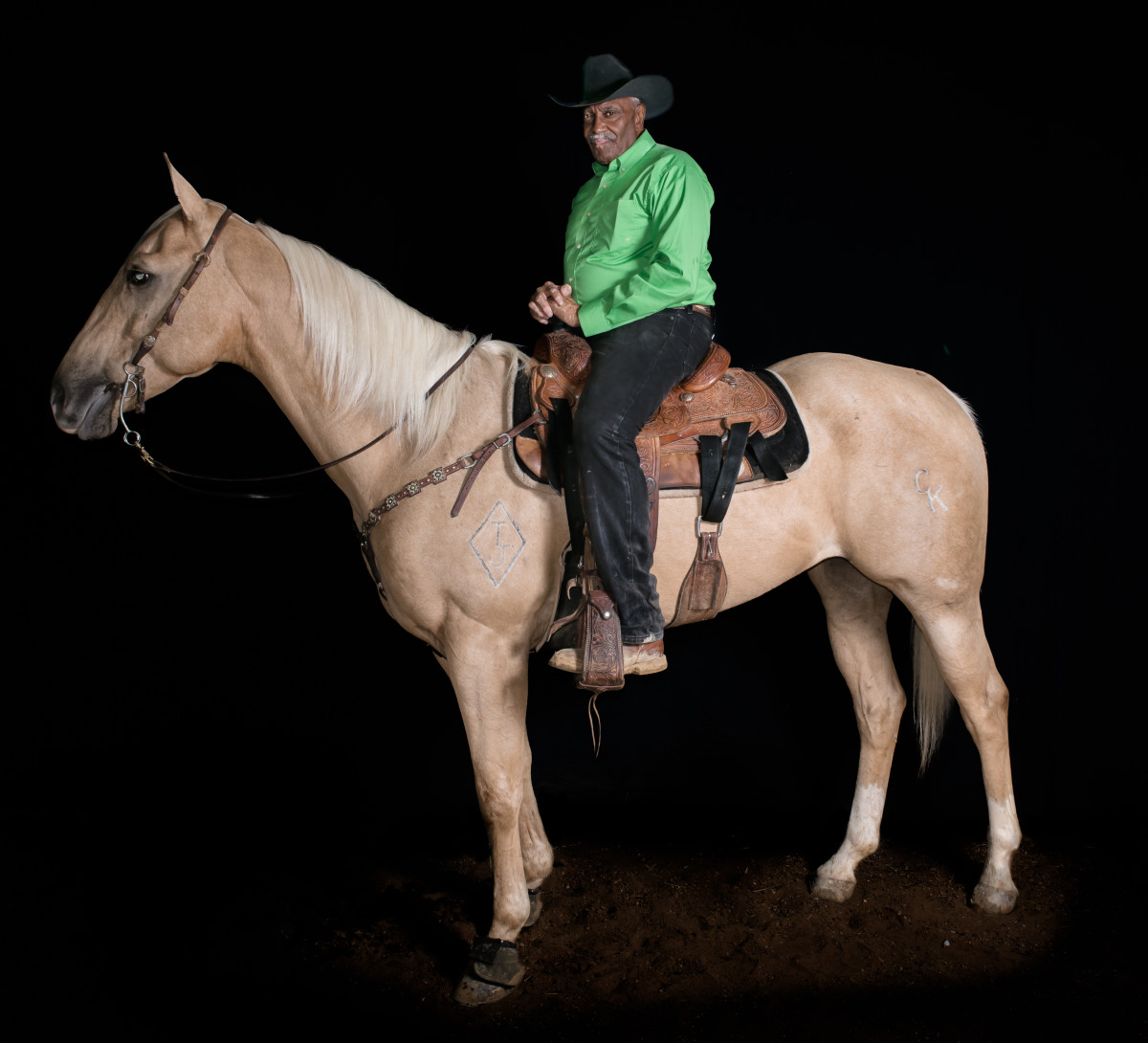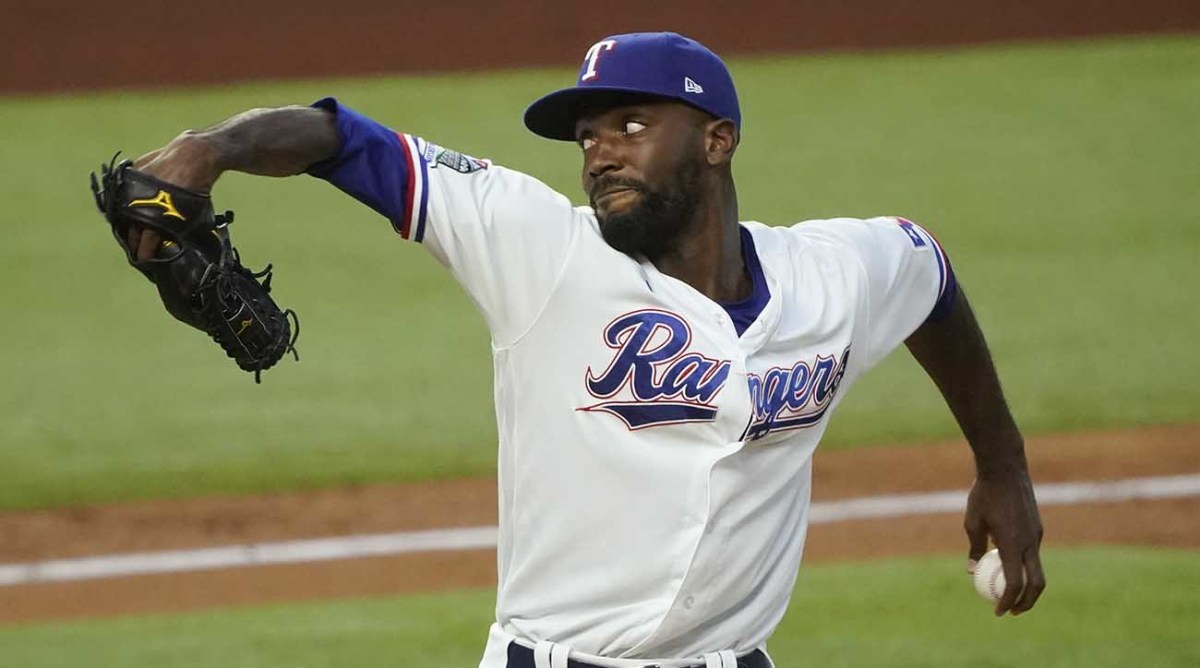Rangers Pitcher Taylor Hearn Draws Inspiration from His Rodeo Roots
Welcome to Sports Illustrated's “Change Agents,” where the biggest names in sports have a chance to spotlight someone in their life who has been personally meaningful to them—someone who they believe is the best example of an individual fighting for change and one who has inspired the athlete to do better and be better.

The following is adapted from an interview and has been lightly edited for clarity and length.
Unlike most kids, the first thing I picked up wasn't a baseball or a football or a basketball. It was a rope—and they threw me right onto a horse. I was involved with rodeo from early on in my life. It was just one of the things—a generational thing, a family thing. So, I kind of took to it as well. And still, to this day, I love it.
Growing up, I always heard stories about my grandfather, and then even more so when I got into baseball. There weren’t that many Black guys that rodeoed and there’s not that many Black baseball players either. As I got older, I started to realize the similarities and started to correlate and understand everything he went through.
My grandfather’s name is Cleo Hearn. He was born and raised in Oklahoma and ended up moving down to Lancaster, Texas, later on in his life. Rodeo was something he always wanted to do when he got older, something that he just always envisioned. He had played other sports and served in the military as well, but his first love was his rodeo. And so it just started from there.

He became the first African American to go to college on a rodeo scholarship, at Oklahoma State, and the first African American to become a professional cowboy as well. He was the first Black Marlboro man and he was on JFK Honor Guard as well. So a guy like that is definitely a pioneer. And it's pretty cool to be related to somebody like that. My grandfather (and my dad) have had a huge impact on me and their lessons helped mold me into the man and the baseball player I am today.
I never realized how similar baseball and rodeo were. They are both sports where you can sit there and work all night—which we did. Whether that was throwing, where my dad would go out there with me to throw until it was nighttime, or roping, when we’d go out there and rope it almost every night and then go to rodeos and stuff. And then when you miss one, you’re kind of just like, Well, did I do all that practice for nothing?
Seeing the dedication of my grandfather and how it had rubbed off on my dad and my uncles and their attitude towards life, that really had a lot to do with who I am today. I never heard any of them really complain. They never really said much. They knew how to learn from their mistakes. One of the biggest lessons I learned from my father and grandfather is the ability to have a short-term memory. It’s about mental toughness—or just toughness in general. About being able to just roll with whatever comes your way. I can name you plenty of times where I've been in the roping pen with them and I've gone to run down the rope and gotten hit in my stomach. I've gotten kicked plenty of times. I fell off the horse and broke my arm. And there was no cuddling or anything like that. It was just more so like: You alright? OK, let’s run it back and let's do it again. It was some tough love. It was about having that non-quit mentality, and just having that drive to want to be better and to be the guy that stands out. To be different. That was our family’s biggest thing: just be different.

There are so many stories in our family about my grandfather, but the biggest thing for me was what my dad would always tell me. He'd be like, Hey, listen, there's not going to be that many of us at these events. So we stick out like a sore thumb. So are we going to listen to the noise or are we just going to do something about it and go out and run our race? So it was really about putting in the work and just letting your talent speak for itself.
I think what also they prepared me for was not just being an African American guy, being a Black man in rodeo or baseball, but just being a Black man in this world in general. How to have a tough skin about certain things and how to keep your head down. And whether it's on or off the field, how to make an impact and try to change people's lives—and to go about it all with the right attitude.

I'm obviously not the first Black guy to play baseball, but I’ve realized that I can have somewhat of an impact like my grandfather did. I've actually been putting on pitching clinics and going into the inner cities in downtown Dallas for the last couple of years, to speak to the kids and let them know that there are Black baseball players. I'm not football or basketball player. No disrespect to them, but I don't think we've really had a Black baseball player down here in Texas that was a big figure. So for me, I just want to use the platform that God gave me and try to go back in the cities and to the schools and try to educate people.
Texas has been always known to produce really good athletes in football and basketball. But there's so many in baseball as well that get overlooked. So that's something I've really been putting a lot of emphasis on, is trying to educate people on what to do, how to go about it and the right way to get noticed in baseball.
